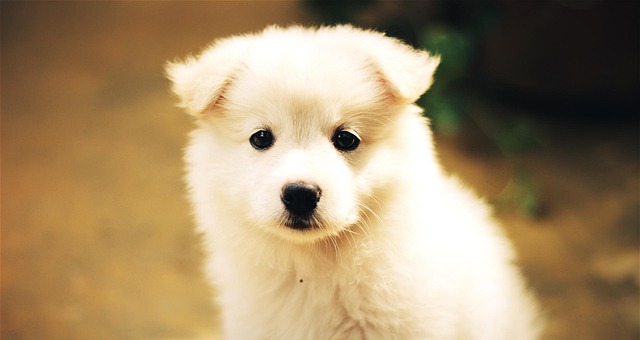
How do i train my dog to be obedient?
Watching your dog dart across the park ignoring your calls isn’t just frustrating—it can put them at risk near busy streets or public spaces.
Most new pup parents have stared at a puddle on the kitchen floor and wished their dog could just say when they need to go. The good news? Dogs already give subtle cues—you just need to teach them to turn those cues into clear signals you’ll notice. Watch for little signs: pacing by the door, sniffing the carpet in circles, or even nudging your hand. Those are their natural ways of hinting, and training builds on that instinct.
Start by pairing their cues with a simple action, like touching a bell hanging by the door. Every time you see them sniff or pace, gently guide their paw to ring the bell, then immediately take them outside. Keep treats in your pocket—when they go potty in the right spot, praise them loudly and give a snack right away. Dogs learn fast when good behavior gets a reward, so sticking to this routine (even on lazy weekends) helps them connect the bell to “I need to go out.”
 Don’t forget local laws—they tie right into potty training success. In many cities, letting your dog go on sidewalks without cleaning up can land you a \(50-\)200 fine, so always carry poop bags. Some areas also have leash laws that require your pup on a lead even during potty breaks, which keeps them safe and keeps you compliant. For example, in parts of California, off-leash dogs in public parks can mean a ticket, so making potty time a leashed routine avoids trouble.
Don’t forget local laws—they tie right into potty training success. In many cities, letting your dog go on sidewalks without cleaning up can land you a \(50-\)200 fine, so always carry poop bags. Some areas also have leash laws that require your pup on a lead even during potty breaks, which keeps them safe and keeps you compliant. For example, in parts of California, off-leash dogs in public parks can mean a ticket, so making potty time a leashed routine avoids trouble.
Mistakes will happen—if your dog has an accident inside, stay calm. Yelling won’t help; instead, quickly take them to their outdoor spot to finish. Later, adjust your schedule: puppies need to go out every 1-2 hours, after meals, and right after naps. Adult dogs might wait longer, but consistency is key. Try setting phone reminders at first—this small step stops you from missing their cues when you’re busy cooking or working.
With time, your dog will start ringing the bell on their own, no prompting needed. This isn’t just about convenience—it’s about building trust and keeping your home happy (and clean). Following local rules while training also teaches them good habits in public, making walks and trips to the park stress-free. Before you know it, that kitchen puddle will be a distant memory, and you’ll both have a smooth system for potty time.

Watching your dog dart across the park ignoring your calls isn’t just frustrating—it can put them at risk near busy streets or public spaces.

New puppy owners often find themselves rushing to clean up accidents before they set in, and that’s where puppy pad training becomes a game-changer.

If you've noticed your dog's waistline disappearing and your veterinarian has mentioned those few extra pounds, your first instinct might be to simply reduce the amount of food in their bowl.

Training a dog to use a designated spot indoors isn’t as daunting as many new owners fear, but it does take consistency and an understanding of your pet’s needs.

That moment of dread on a walk is all too familiar for many new dog owners. You see another dog approaching down the sidewalk of your neighborhood

If the sight of another dog on your neighborhood walk makes your heart sink as your own dog erupts into a frenzy of barking and lunging, you're not alone.